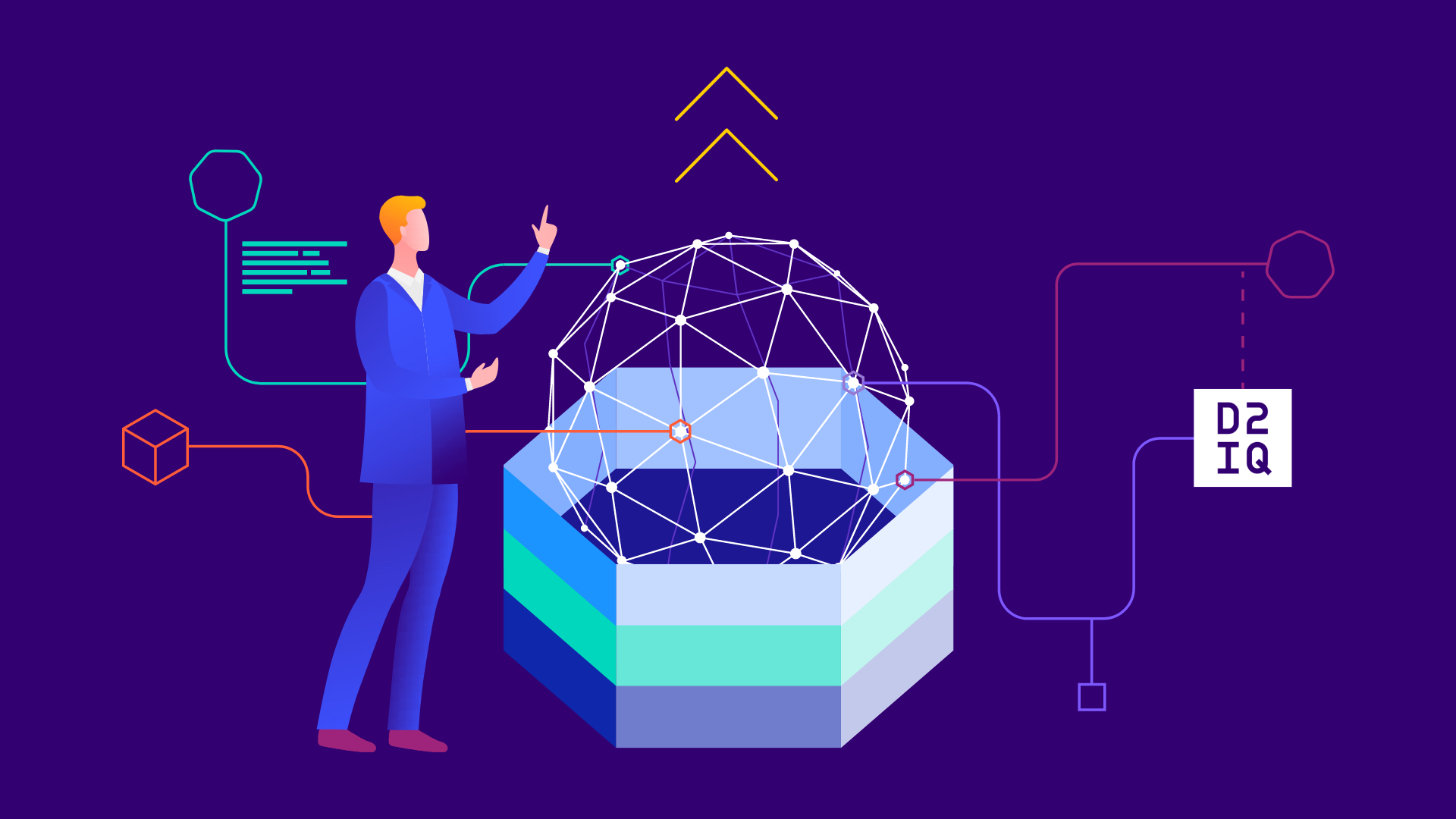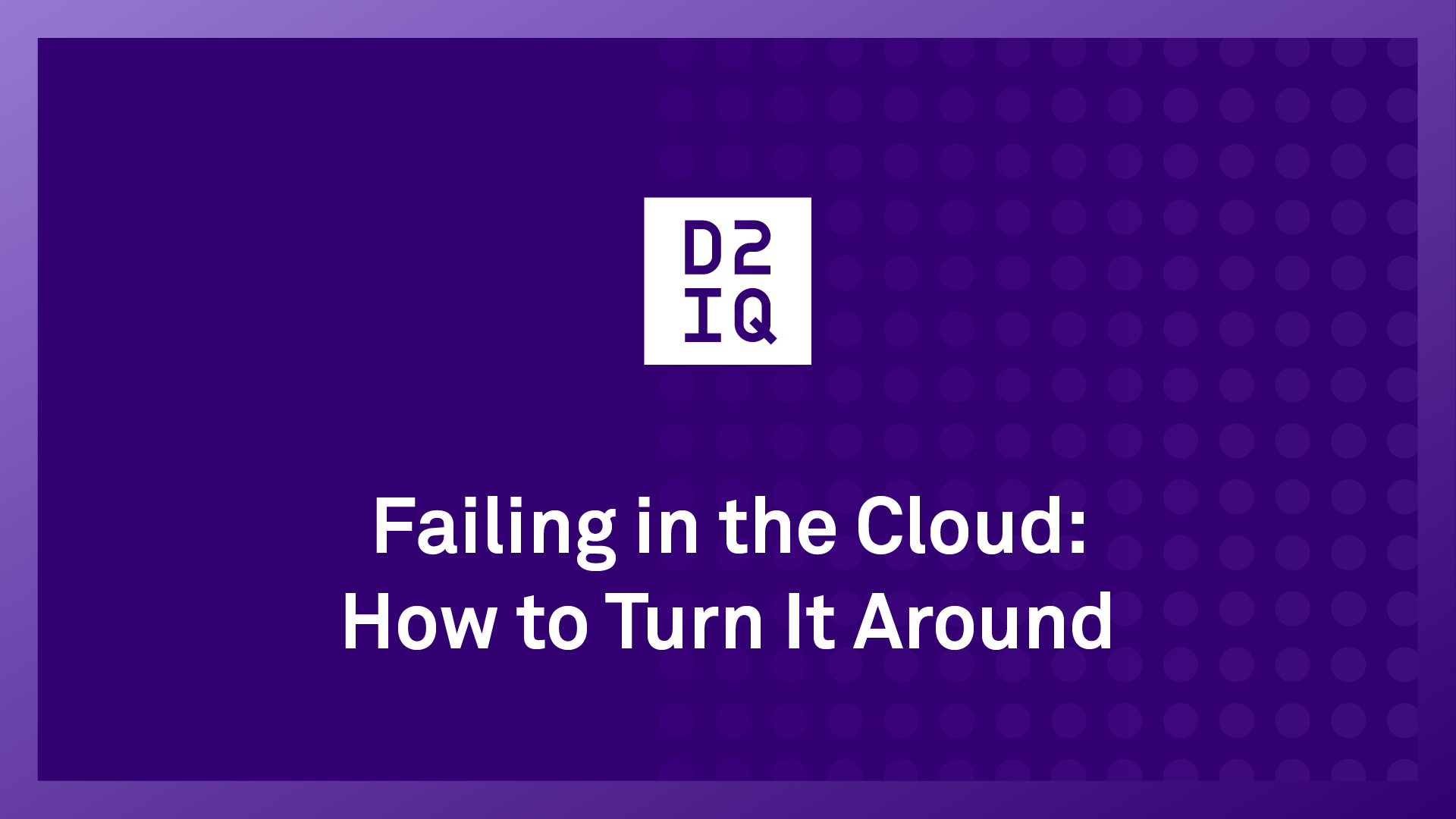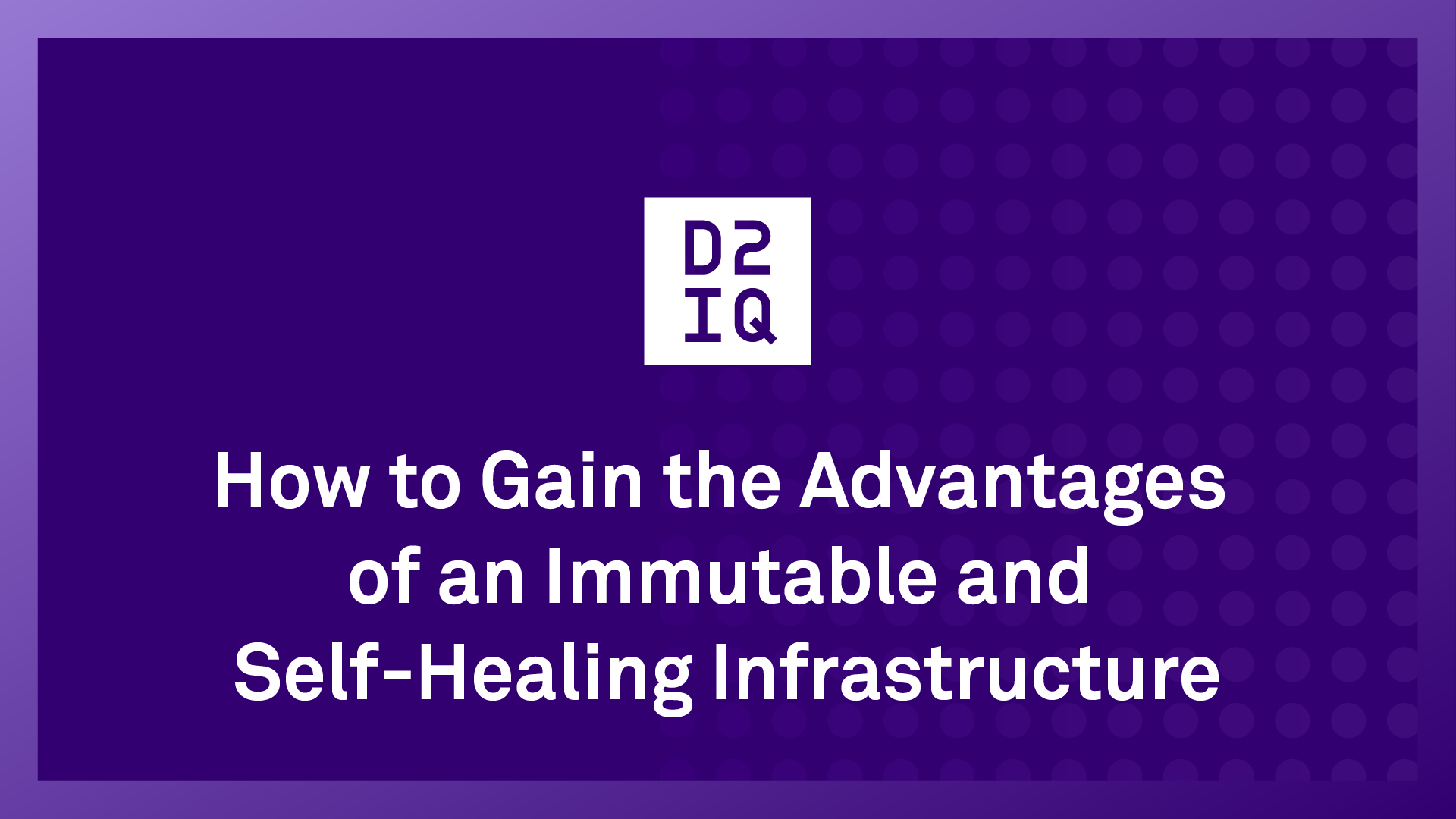We are pleased to announce the general availability of
D2iQ Kaptain 1.1, the new version of our end-to-end platform for Machine Learning on Kubernetes.
D2iQ Kaptain 1.1 builds on the Four Awesome Things from Kaptain 1.0:
- It is built for success, using an integrated, opinionated subset of the Kubeflow project and adding necessary supporting elements such as TensorFlow, PyTorch, and MXNet and out-of-the-box GPU support
- It is notebooks first, to ensure ease-of-use for data scientists--no need for context-switching to get things done; everything can be done from within Jupyter and the Kaptain SDK enables data scientists to make use of entire (not downsampled) datasets and shared GPUs
- It is fast, enabling ML projects to go from prototype to production in minutes, not months with seamless, friction-free deployment
- It takes advantage of the inherent scalability of Kubernetes, with reliable, robust, and autoscaling model deployments as well elastic production infrastructure for training, tuning, and deploying models
And adds a fifth thing:
5. Actually, several things, all adding up to superior enterprise grade capabilities.
What are these new things and why should you care?
First, you can now upgrade your Kaptain clusters non-destructively. That is, you can carry out an upgrade on a running cluster without disrupting your workloads—or the projects you are working on. This will be a very helpful feature going forward, as we continue to innovate and advance Kaptain’s capabilities.
Second, we have reduced operational complexity by consolidating the multiple MySQL databases in Kubeflow into a single database to minimize administrative effort and reduce friction.
Finally, we have added high availability features to the MySQL and MinIO databases used by the product, to ensure Day 2 readiness and enterprise grade robustness.
All of this together means that D2iQ Kaptain is even better prepared to get your business-critical ML projects into production and generating benefits for your organization.









